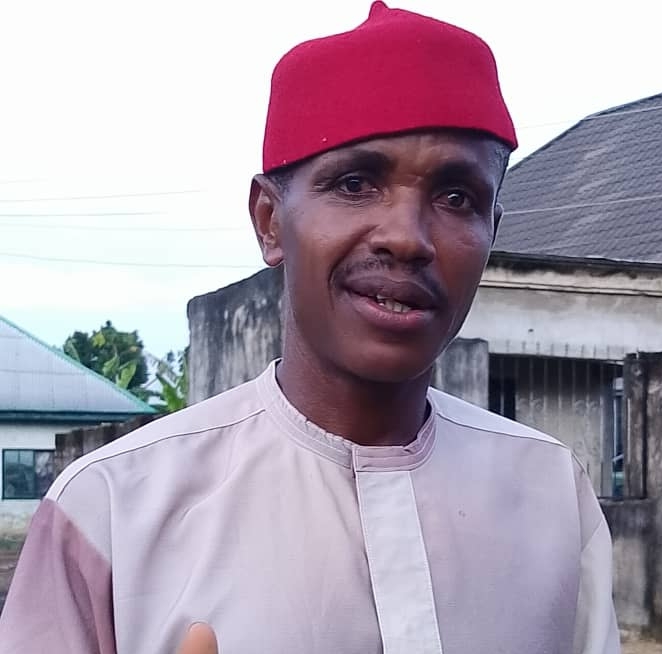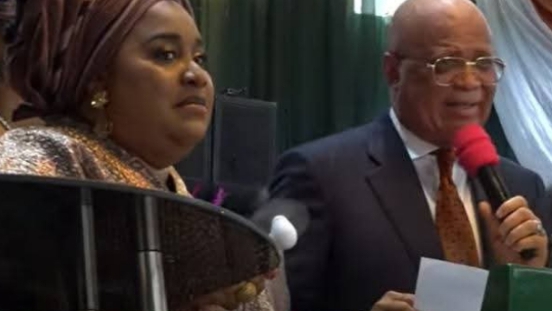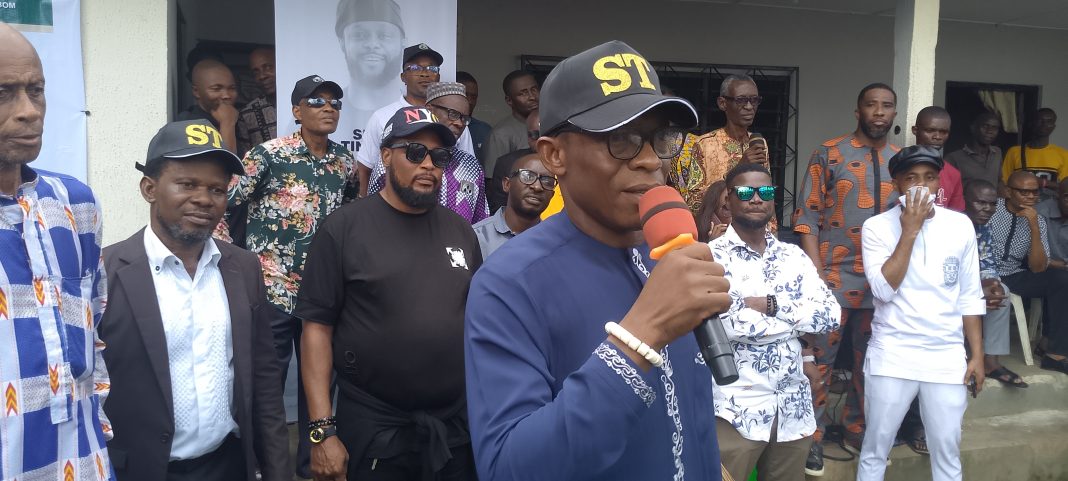…bemoans abandonment of critical parts of the City
By our correspondent
Uyo-based Entrepreneur and farmer, Otuekong I. U. Timothy has chided prominent indigenes of Uyo local government area of Akwa Ibom State for not speaking up for the development of most parts of the area.
Otuekong Timothy who is the MD/CEO of Mideanites Investment Limited bared his mind while fielding questions from newsmen last weekend in Uyo.
While blaming the underdevelopment on what he termed as ‘selfish politics’, Otuekong Timothy said it was misleading to earmark most locations in Uyo local government area under the capital city, whereas they had long been forgotten and abandoned.
“To me, I think the name ‘Uyo Capital City’, by itself is misleading”, the entrepreneur quipped, adding that another name could have been considered in order to convey a truthful presentation.
He continued “What you have as Uyo local government area, which from the creation of Akwa Ibom State has been the capital city, comprises Oku clan, Offot Clan, Etoi clan and Ikono clan.
Out of these clans, Ikono as a clan has been abandoned and their political leaders seem to be comfortable with that. Normally, most, if not all parts of Uyo as a local government which hosts the entire state as a capital, supposed to be developed like what you find in other states. But here, it’s a different ballgame.
Maybe, instead of calling it ‘Uyo Capital City’, a name like Uyo political area could be appropriate”.
Shedding more lights on his assertions, Otuekong Timothy who is also the Chairman of Modest Multipurpose Cooperative Limited reasoned that the situation would have been different if the political class from those undeveloped localities within Uyo local government area had stamped their feet to demand for developmental infrastructure.
He said: “There’re parts of Uyo which border Abak, Oruk Anam, Etinan and so forth. Closed to the Ikot Oku Ikono junction, there are communities such Ikot Ekpeyak Ikono. If you follow the same route, you will come across Ikot Ofon Ikono, Ikot Eyienge, Minya, Ikot Ebo, Anaan, Nnung Asang, and so forth.
Most of these areas are virtually inaccessible, with no physical dividends of democracy. Those dwellers are really suffering whereas they are part and parcel of the local government area hosting the state capital.
So, I am calling on the political class from the Ikono axis and other parts of Uyo which have not been developed to speak up in order to help bring succor to the inhabitants and residents of these areas.
The areas that have been transformed now are Itu, Ibesikpo Asutan, Etinan, Abak, etc. And, these are LGAs that have been developed as ‘Uyo’, whereas most parts of the real Uyo have been neglected. So, for the name to be suitable as called, efforts must be channelled towards transforming those areas”.



